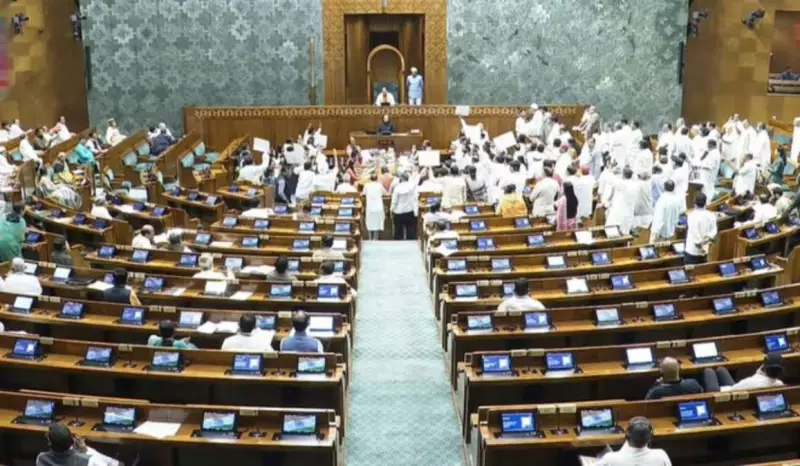
The Central Government has officially confirmed that no legislation concerning the administration of Chandigarh will be introduced during the upcoming winter session of Parliament. This clarification comes amid ongoing discussions and speculation about potential changes to the governance structure of the Union Territory.
Government's Official Stance
In a significant development, the Centre has put all rumors to rest by explicitly stating that no bill related to Chandigarh's administration is on the agenda for the parliamentary winter session. This announcement serves as an official confirmation that maintains the status quo of Chandigarh's current administrative framework.
The winter session of Parliament, scheduled to commence soon, will proceed without any proposed legislation that would alter Chandigarh's existing governance model. This decision reflects the government's current position on maintaining stability in the Union Territory's administrative structure.
Context and Background
Chandigarh, serving as the shared capital of both Punjab and Haryana, has always maintained a unique administrative position as a Union Territory directly governed by the Central Government. The city's special status has often been subject to political discussions and potential legislative changes.
The clarification from the Centre becomes particularly important given the historical context and the sensitive nature of Chandigarh's administrative arrangements. By making this announcement clear before the parliamentary session, the government aims to prevent unnecessary speculation and maintain administrative continuity.
Implications and Future Prospects
This definitive statement from the Central Government ensures that Chandigarh will continue functioning under its current administrative framework without any immediate changes. The decision provides stability and certainty for the residents and administrative machinery of the Union Territory.
While the current winter session will not see any legislative changes regarding Chandigarh's administration, this development doesn't preclude future discussions or potential amendments. However, for now, stakeholders can operate with the assurance that the existing system remains intact.
The government's transparent communication about the parliamentary agenda helps maintain clarity in governance and prevents misinformation from circulating about potential administrative overhauls in the strategically important Union Territory.




